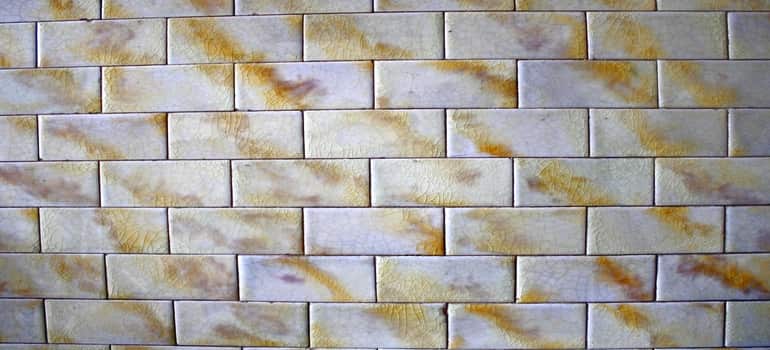A key technique in knowing how to apply primer to walls is the cut in cutting in is basically outlining the wall with a 2 to 3 inch band around the edges.
Prime walls prior to tile.
Remove any debris blobs of plaster gypsum or anything that will create raised points in the substrate.
Some masonry surfaces can have a high ph level which will cause adhesion problems if you apply paint directly to the surface.
Wipe down with a damp cloth to remove any remaining dust and allow to dry.
Prime an area larger than you plan to tile to minimize the cut in work when you paint the rest of the room.
Thoroughly sweep up or vacuum the area you ll be priming to ensure that the primer doesn t stick to dust.
There are several reasons why it is a good idea to apply a masonry primer before paint.
My tiler said to get some pva for priming after looking on the web i understand pva should not be used for bathroom tiling priming.
My question is do i need to prime a wall somehow.
A quality masonry primer will allow you to safely paint over a wider range of ph levels without risk of adhesion loss.
Start with planning your wall tile installation.
Use a 2 inch nylon polyester paint brush or corner pad to apply primer at all corners or places where walls moulding and ceilings meet.
Or prime and paint the entire wall room before starting with your tile project.
Getting my bathroom tiled on thursday i have the tiles spacers grout and adhesive all ready and tile strips.
Patch any cracks or holes with spackling compound and sand smooth.
Do a precise measurement of the surface.
Prime the wall with thinset and allow ample drying time.
Prime the area to seal the new drywall.
Or do i just put the adhesive straight on the wall and stick the tiles on like i always thought.
Prime the surface prior to the tiling.
How to prepare a surface for a tile primer 1.
If there are patches of.

